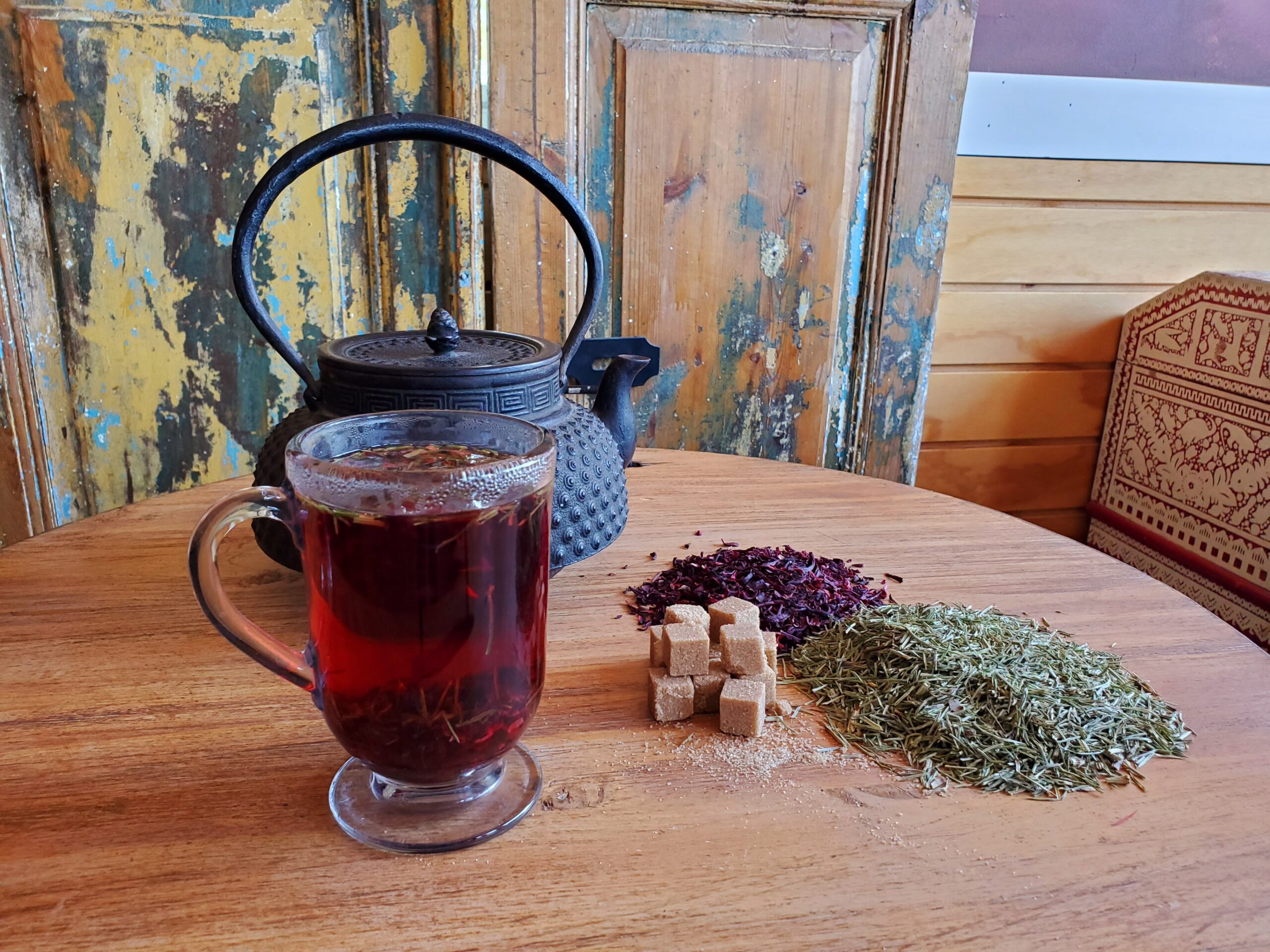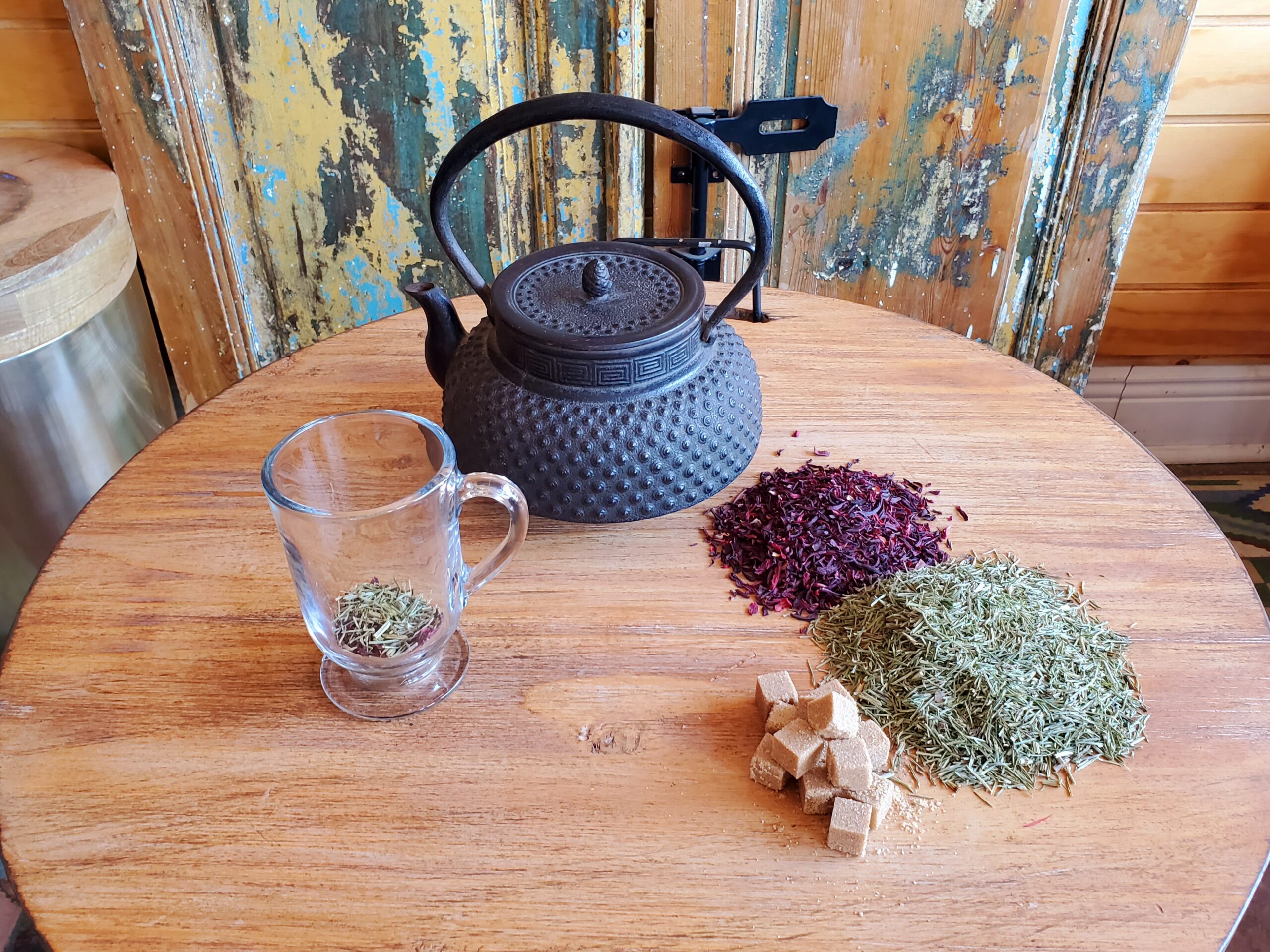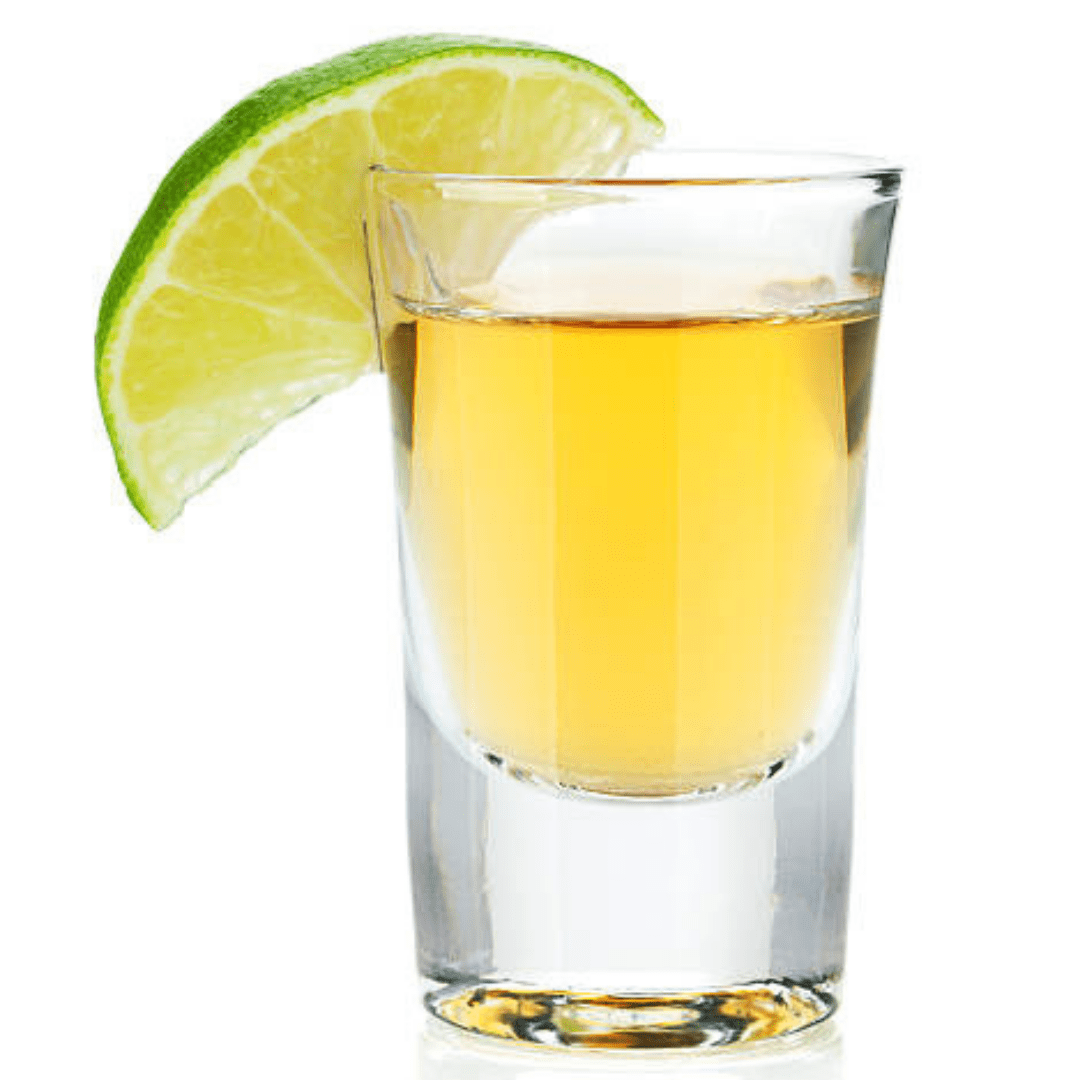There are two main types of teas- true teas and herbal teas. Cup & Leaf states that true teas are “all derived from the Camellia sinensis plant, known commonly as the tea plant, and include green tea, white tea, black tea, and oolong tea.” As for herbal tea, The Republic of Tea defines it as “an infusion or blend of various leaves, fruits, bark, roots, or flowers belonging to almost any edible, non-tea plant.”
Coffeecionado promotes wellness and carries the following medicinal teas:
HIBISCUS TEA– Hibiscus tea is an herbal tea made as an infusion from crimson or deep magenta-colored calyces (the cup-shaped centers of the flowers) of the Roselle (Hibiscus sabdariffa) flower. The tea produces a refreshing, tart flavor that is similar to cranberries. Hibiscus has a number of health benefits.
- Demonstrates anti-tumoral properties- 2015- Brazilian Journal of Biology– Study found that phenolic compounds and flavonoids helps to eliminate free radicals and to prevent tumor growths.
- Boasts heart health benefits due to anti-inflammatory and antioxidant properties- 2015- Journal of Hypertension– Meta-analysis found that hibiscus tea significantly decreases systolic and diastolic blood pressure.
- Helps to lower cholesterol levels- 2013- Fitoterapia Journal– Study showed that consuming hibiscus tea increases good cholesterol and decreases bad cholesterol, as well as triglyceride levels.
- Helps to support healthy weight management- 2019- Molecules Journal– Review concluded that hibiscus appears to support healthy weight management and a healthy metabolism, according to animal, cell and human studies.
- Aids in promoting digestive health- Registered Dietician, Natalie Rizzo, told O, The Oprah Magazine that hibiscus tea is similar to flavored water, so it carries some of the same benefits. She adds that, “Drinking ample amounts of water helps you stay regular, prevents constipation, and aids in digestion.”

HISBICUS & MULLEIN TEA– According to The Free Dictionary, mullein is defined as “any of various Eurasian plants of the genus Verbascum of the figwort family, especially V. Thapsus, naturalized in North America, having a tall spike of yellow flowers and leaves covered with dense woolly down.” Mullein tea is an herbal tea made from dried flowers and leaves of the common mullein (Verbascum Thapsus) plant. The tea provides an earthy, aromatic flavor combined with a refreshing, subtly sweet, herbal taste. According to a recent article posted on Style Craze, a women’s health and wellness community, there are “11 Impressive Health Benefits of Mullein Tea,” including:
- Treating respiratory conditions.
- Help fighting viral infections.
- Exhibiting antibacterial properties.
- Relieving issues with sleep.
- Aiding in tuberculosis treatment.
- Improving digestive health.
- Soothing skin conditions.
- Relieving joint pain and muscle spasms.
- Treating thyroid issues.
- Treating headaches.
- Treating ear infections.
HIBISCUS & NETTLE TEA– Nettle tea is an herbal tea made from the leaves and roots of a group of plants known as stinging nettles. The most commonly used species is Urtica dioica, often referred to as the “common nettle.” It is a flowering, perennial herbaceous plant. By itself, the tea offers a fresh, earthy, grassy taste with a bit of a peppery bite. The common nettle possess several health benefits. The Healthy features “8 Surprising Health Benefits of Nettle Tea,” which include:
- Soothes allergies.
- Treats muscle and joint pain.
- Strengthens bones.
- Boosts heart health.
- Soothes skin irritations.
- Boosts kidney, urinary and prostate health.
- Strengthens immune function.
- Regulates digestion.







